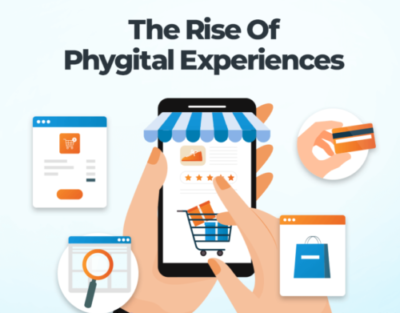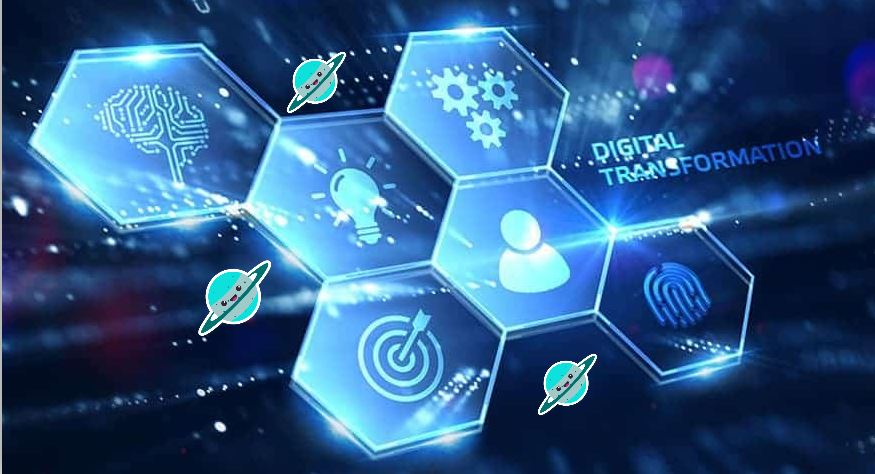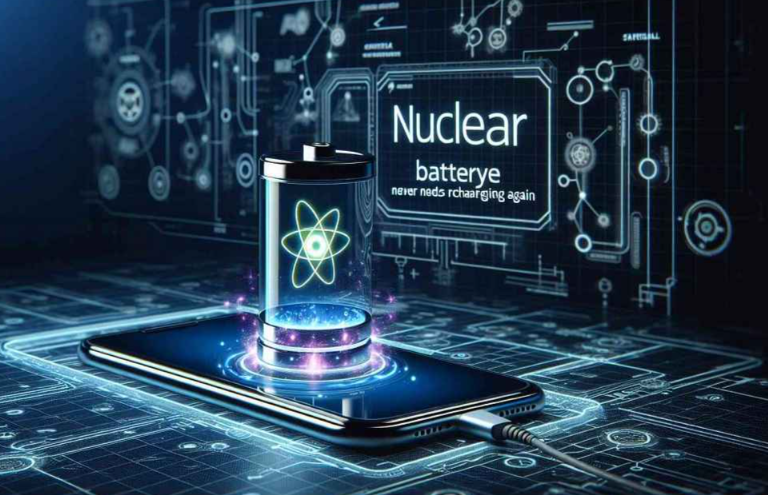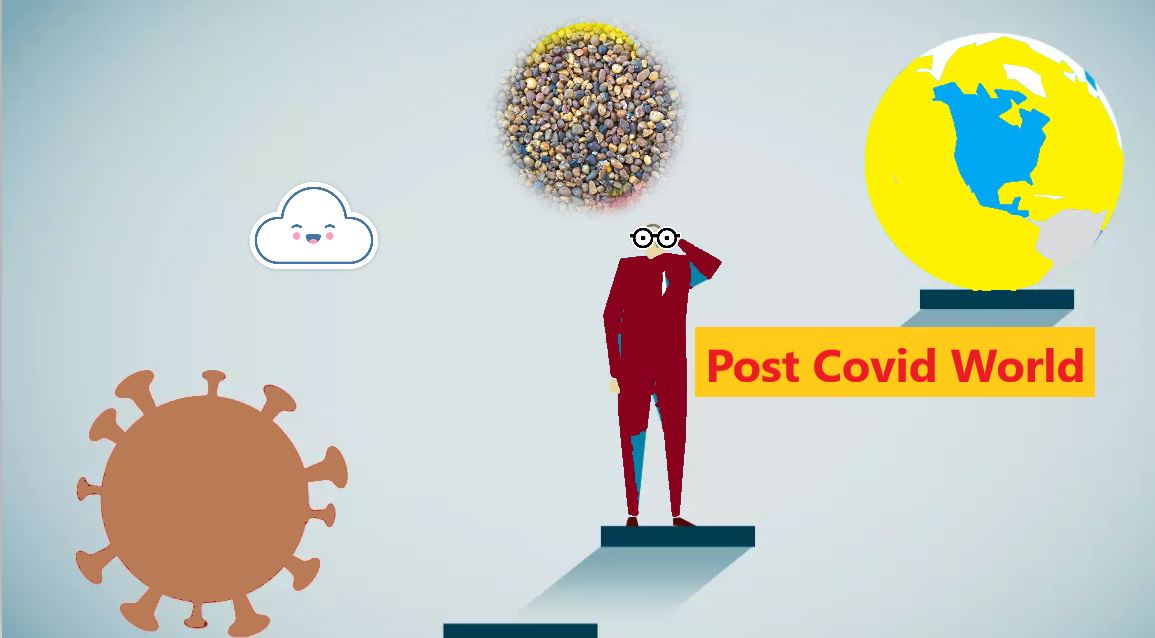In the midst of our rapidly evolving technological landscape, the fusion of physical and digital experiences, often termed “phygital,” stands out as a transformative trend reshaping industries and redefining consumer interactions. This innovative approach seamlessly blends the tangible elements of the physical world with the boundless possibilities of the digital realm, offering an immersive and dynamic landscape for businesses and consumers alike.
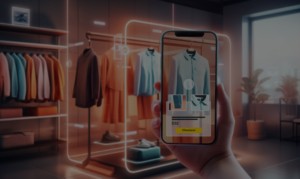
Retail has been at the forefront of the phygital revolution, leveraging cutting-edge technologies such as augmented reality (AR) to revolutionize t
he shopping experience. Through AR-powered applications, customers can virtually try on clothing, experiment with different makeup looks, or visualize how furniture might fit into their homes before making a purchase. By bridging the gap between online browsing and in-store try-ons, phygital retail not only enhances convenience but also elevates engagement and personalization.
Entertainment is another arena where phygital experiences are captivating audiences and pushing the boundaries of creativity. From holographic performances at live concerts to interactive exhibits at theme parks that blend physical sets with virtual elements, the possibilities are as limitless as the imagination. These experiences transcend traditional forms of entertainment, inviting audiences to actively participate and immerse themselves in worlds where reality and fantasy intertwine.
Beyond retail and entertainment, the impact of phygital experiences extends into education, healthcare, and various other sectors. Virtual classrooms are revolutionizing the way students learn by providing immersive educational experiences that transcend geographical boundaries. Similarly, in healthcare, patients can benefit from virtual consultations, remote monitoring, and even surgeries assisted by augmented reality technology, leading to more accessible and efficient healthcare solutions.
As technology continues to evolve, so too does the potential for phygital experiences. Businesses and creators are harnessing this trend to forge deeper connections with consumers, drive innovation, and stay ahead in an increasingly competitive landscape. Whether it’s through immersive retail experiences, interactive entertainment, or transformative solutions in diverse industries, the phygital revolution is reshaping the way we perceive and interact with the world around us.
In this dynamic convergence of the physical and digital realms, the only limit is our imagination. As we embrace the phygital revolution, we embark on a journey where the boundaries between reality and virtuality blur, opening doors to new possibilities and transforming the way we experience the world.

